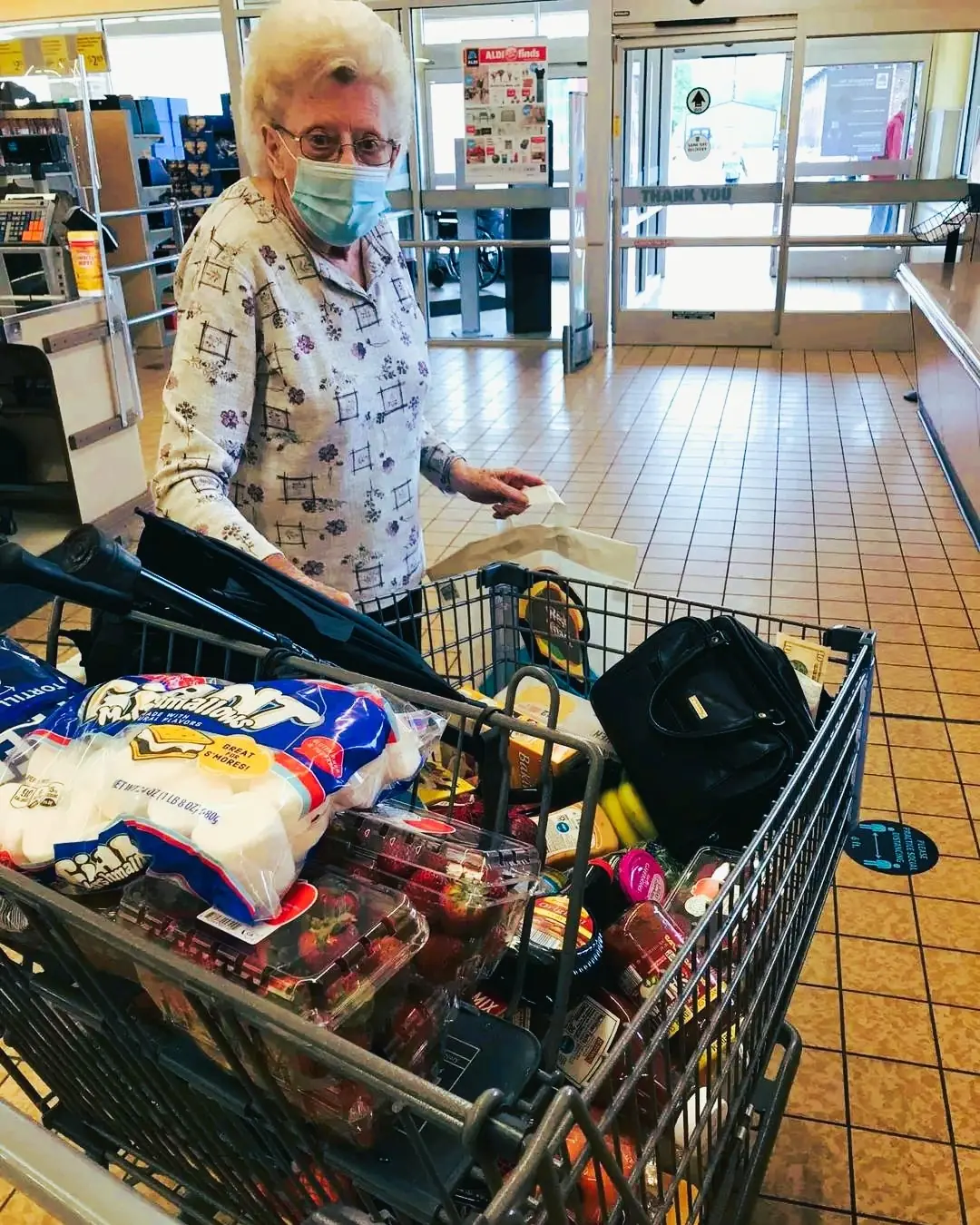
Albina Mali-Hočevar: The Girl Who Fought for Freedom
Albina Mali-Hočevar: The Girl Who Chose Courage Over FearFull story here
When war came to her homeland, she was just a girl.
Sixteen years old — her hair still tied in ribbons, her eyes bright with the unshaken faith of youth. Yet behind that innocence burned something fierce: a will unbending, a flame that refused to be smothered by fear. Her name was Albina Mali-Hočevar, and though she would never live to see fame or fortune, she carved her name deep into the heart of her nation’s fight for freedom.
It was April 1941 when Nazi Germany invaded Yugoslavia, tearing the country apart in a storm of fire and brutality. For the people of Slovenia, the invasion meant more than military occupation — it meant curfews, arrests, executions, and an eerie silence that hung over villages once full of laughter. Families were torn apart; hope seemed a luxury few could afford.
But Albina refused to surrender to despair. Where others sought shelter, she sought purpose. She joined the People’s Liberation Movement of Yugoslavia, a resistance born not from professional soldiers but from farmers, teachers, students — ordinary men and women who simply refused to bow to tyranny.
When Albina reported for duty, her heart raced with the desire to fight. Yet her commanders looked at her small frame, her delicate hands, and made a decision that crushed her spirit: she would serve not as a fighter, but as a nurse.
The news stung. “I wanted to fight,” she would later say, “but they told me I would fight best by saving others.”
At first, her weapon was not a rifle — it was a bandage. Her battlefield was not the front line, but the makeshift tents where the wounded cried out in pain. Albina learned quickly that courage took many forms. She carried men on her back through mud and gunfire; she crawled through bomb-blasted fields to reach the fallen. Her hands shook not from fear, but from exhaustion and compassion.
“The nurse Albina,” one comrade remembered, “always paid more attention to the wounded than to herself. She knew neither fear nor fatigue as long as there were lives to save.”
But the war had a cruel way of testing even the bravest souls. As months passed, Albina found herself drawn closer and closer to combat. Bombs didn’t discriminate between nurse and soldier; bullets cut through air without mercy. The line between healer and fighter blurred. The war demanded not just her strength, but her very body.
At seventeen, she was wounded twice — bullets and shrapnel tearing through her skin. Each time, she returned to the front. At eighteen, another explosion threw her to the ground, shattering her face and stealing her right eye. When the smoke cleared, she was barely recognizable. Her beauty — once radiant — had been replaced by deep, jagged scars. Yet when she healed, she made a choice few could understand: she went back.
Albina’s face would never be the same again.
The scars carved into her skin were like silver rivers, shimmering under the sunlight — reminders of both pain and defiance. To some, they were a tragedy. To her comrades, they were a crown. They said she had looked death in the eye and did not flinch. They said she had become something more than human — a living embodiment of courage.
As the war raged on through the mountains and forests of Yugoslavia, Albina served as both nurse and fighter. She helped evacuate wounded comrades under fire, guided lost units through enemy lines, and stood shoulder to shoulder with men twice her size and age. By the time peace finally returned, she was no longer the young girl who had joined the resistance. She was a woman forged in fire — scarred, hardened, but unbroken.
Her bravery did not go unnoticed. After the war, the new Yugoslav government awarded her the Order of the Partisan Star, 3rd Class, one of the nation’s highest honors for valor. Yet for those who had fought beside her, no medal could capture her spirit. To them, Albina was more than a hero; she was a symbol — a reminder that freedom had not been won by men alone, but also by women who refused to stay in the shadows.
Even in peace, Albina remained humble. She never sought fame or recognition. She lived quietly, her face marked by the past yet lit by a quiet pride. She taught others that scars need not be hidden — that they are not symbols of weakness, but of survival.
“Every scar,” she once said softly, “is a story. Mine tell of pain, yes — but also of courage. Of how even the smallest hands can help lift the weight of freedom.”
Albina Mali-Hočevar passed away on January 24, 2001, at the age of seventy-six. But in every story of resistance told by the fireside, in every faded photograph of her calm, unbroken gaze — she still lives.
Not just as a fighter, but as a healer.
Not just as a soldier, but as a testament to what it means to be human amid inhuman times.
Her legacy endures — whispering through history that sometimes, the bravest act in war is not to take a life, but to save one.
News in the same category

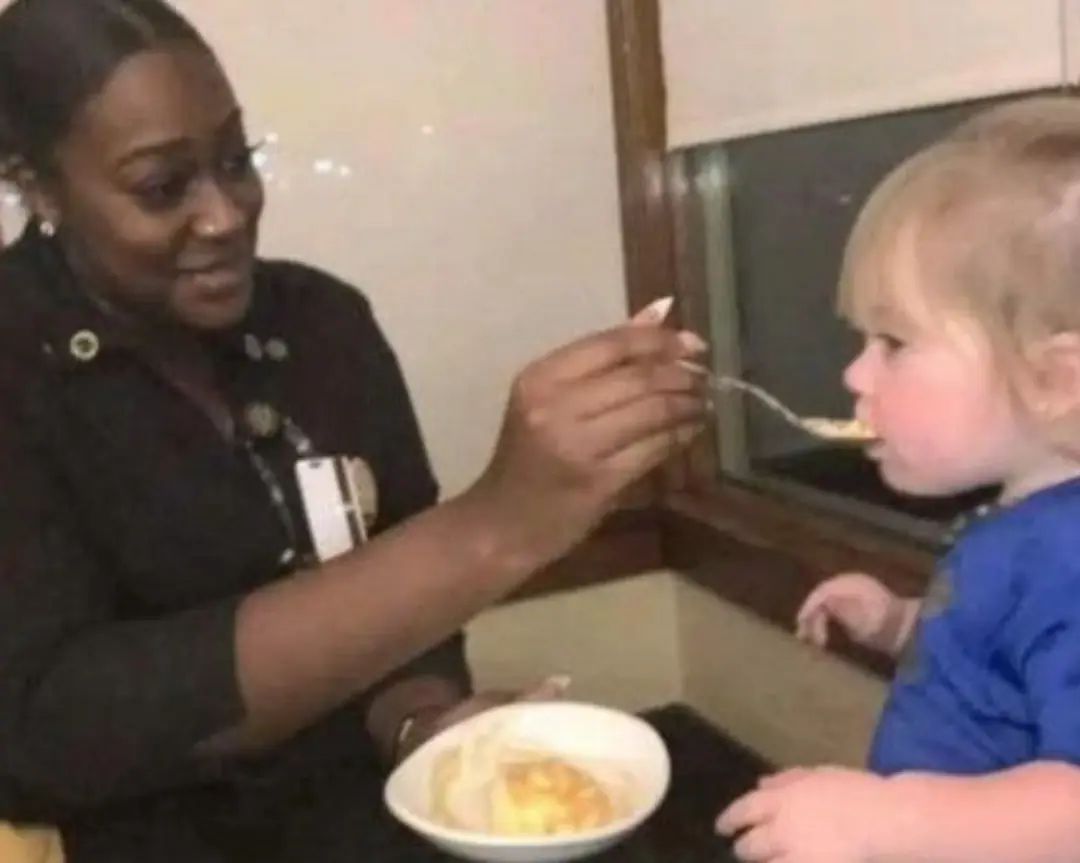
A Waitress Said “No” — And Changed a Mother’s Night Completely
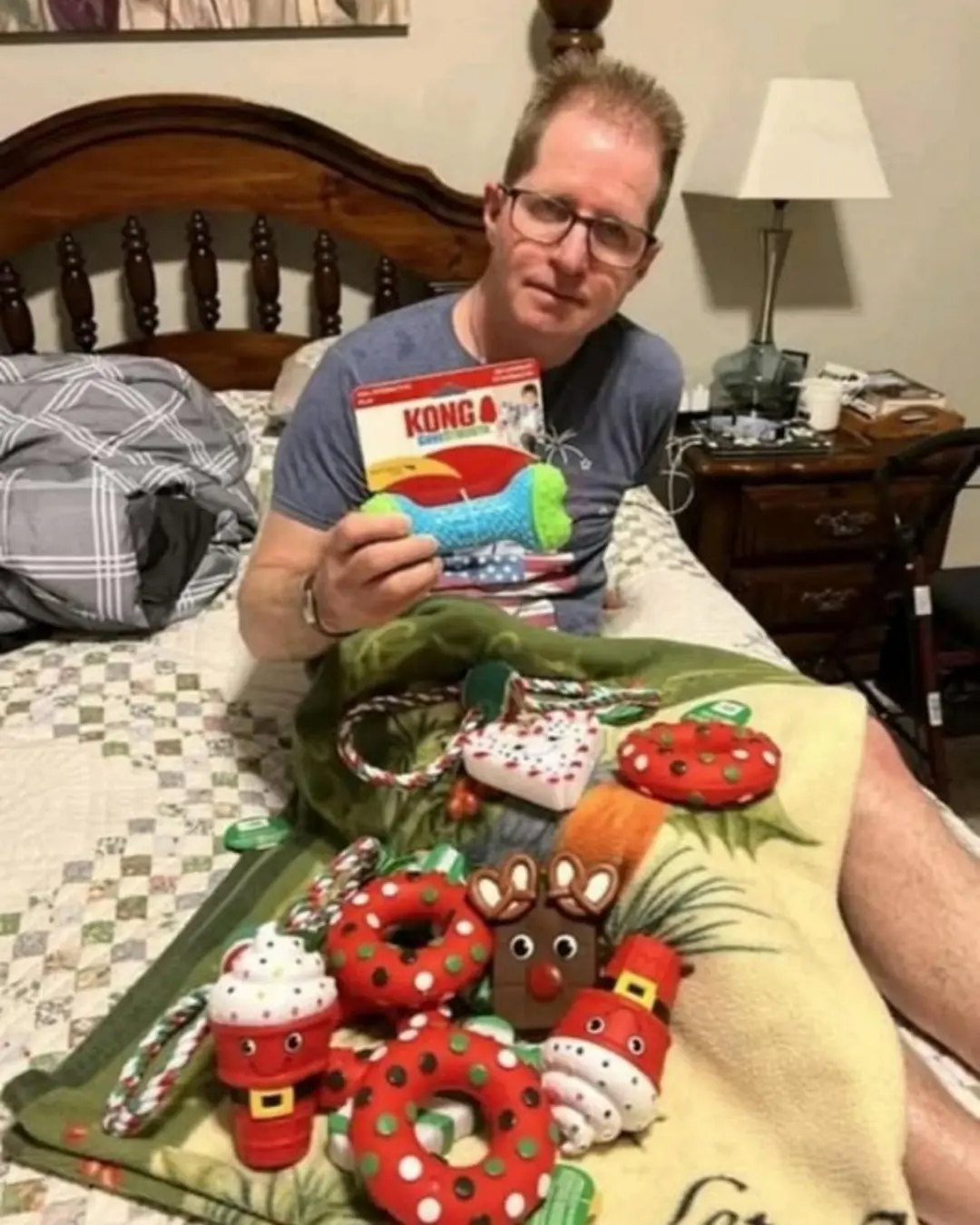
The Secret Santa Who Gives All Year Long — And the Ripple of Kindness He Started
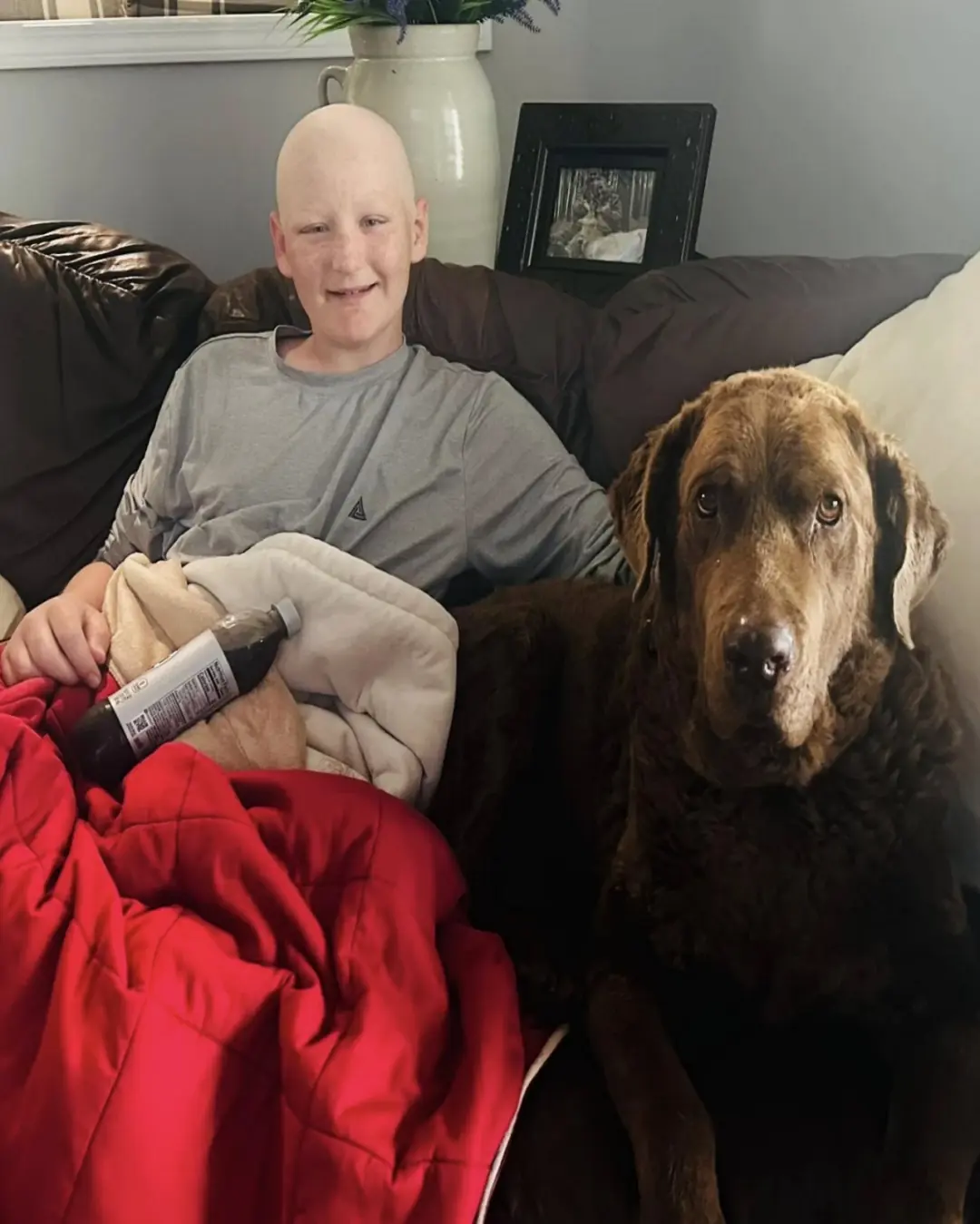
Will’s Best Sunday Ever: A Brave Teen’s Return Home
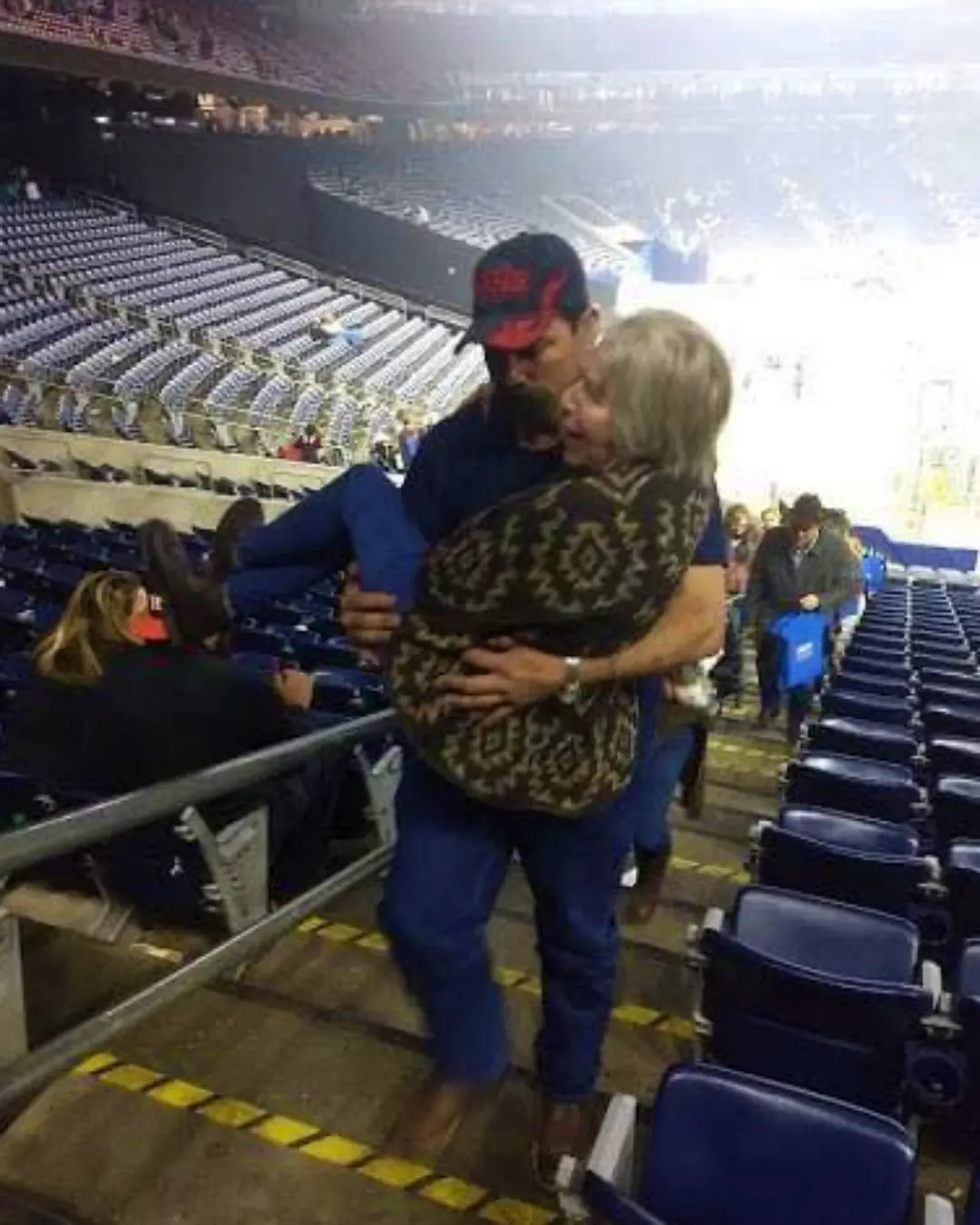
A Single Gesture That United a Crowd in Emotion
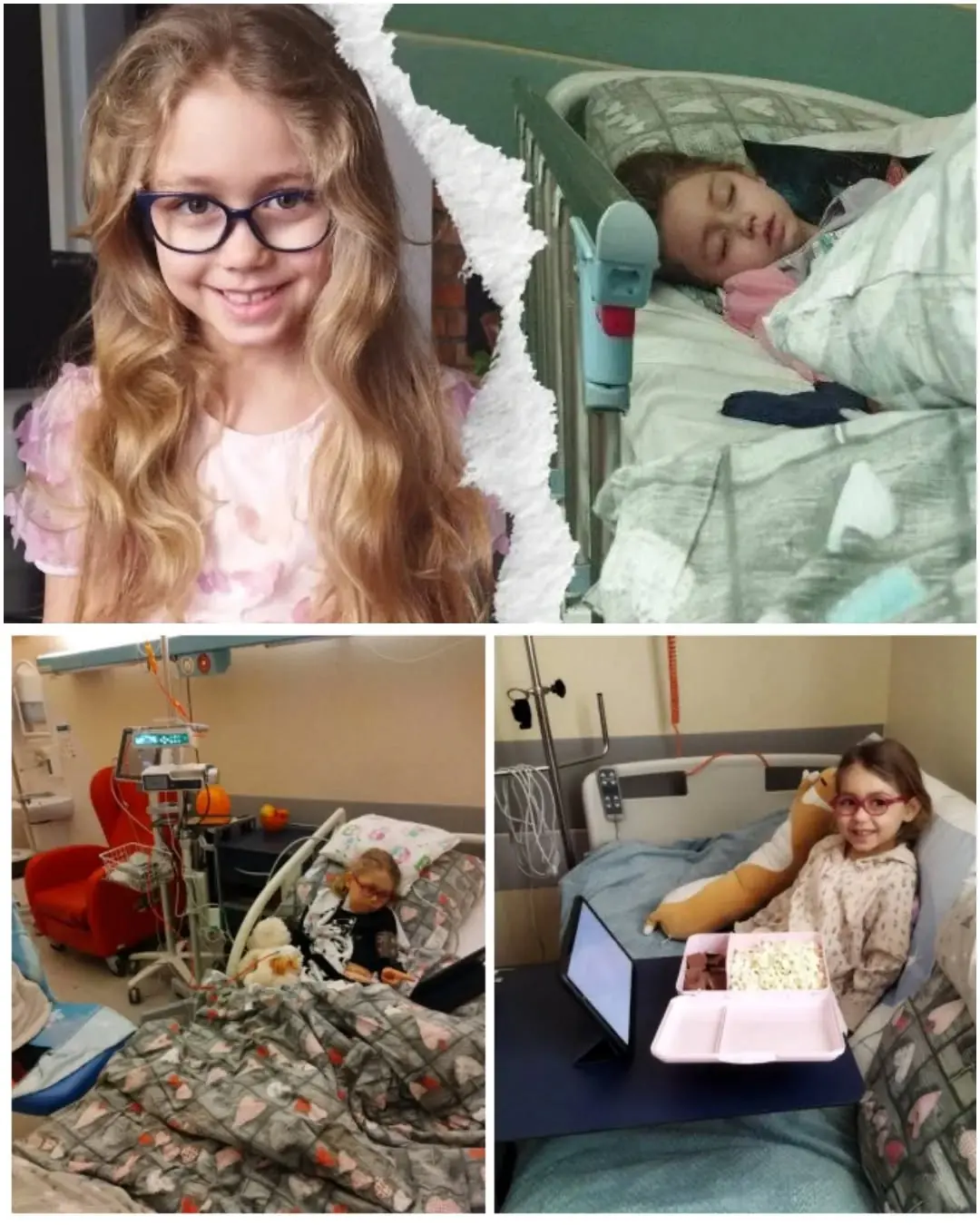
Agatka’s Fight: A Little Girl’s Battle With Severe Aplastic Anemia
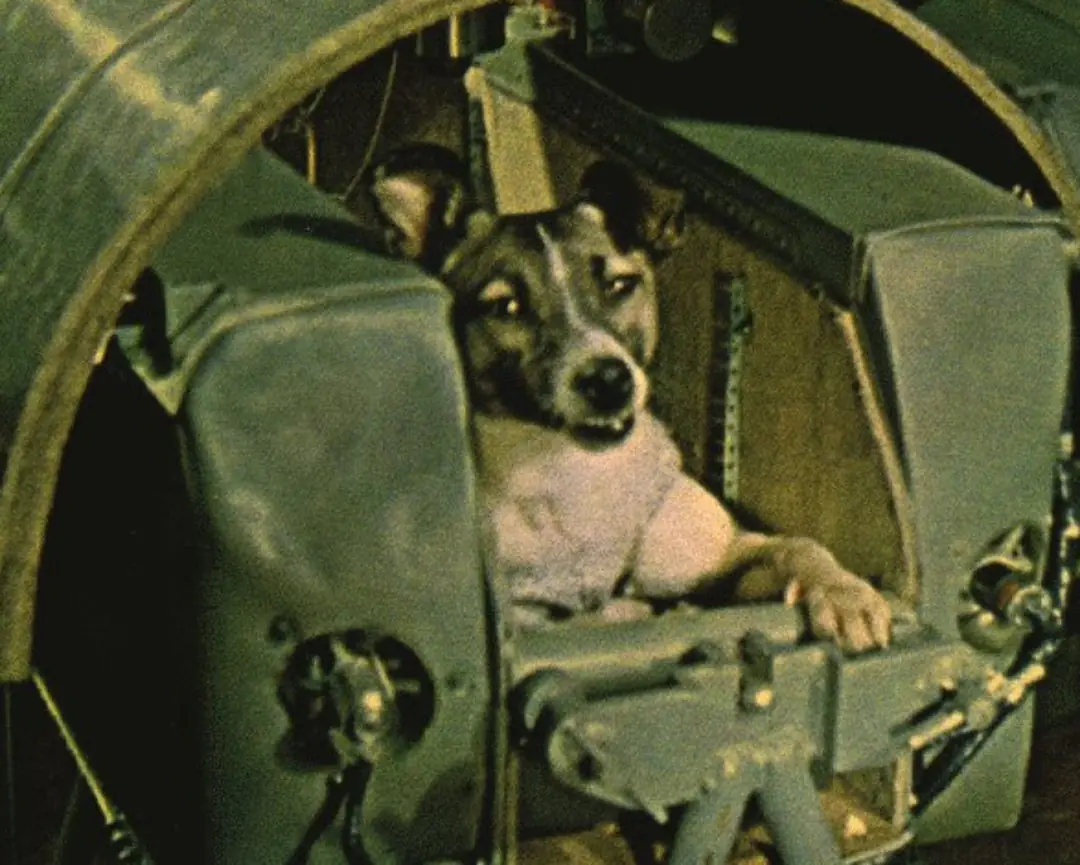
Laika’s Last Journey: The Little Dog Who Touched the Stars
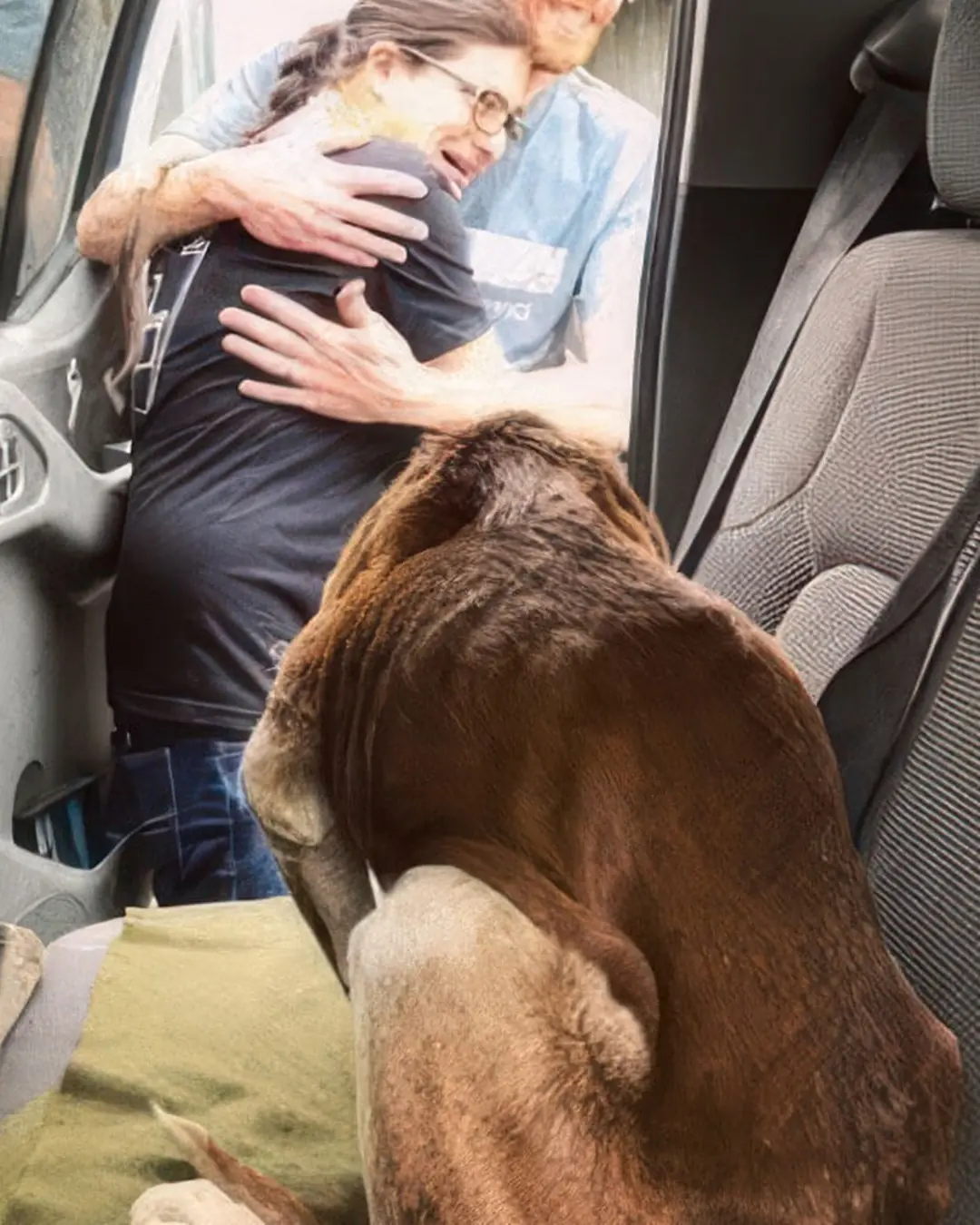
The Long Road Home: Max’s Journey Back to Love.
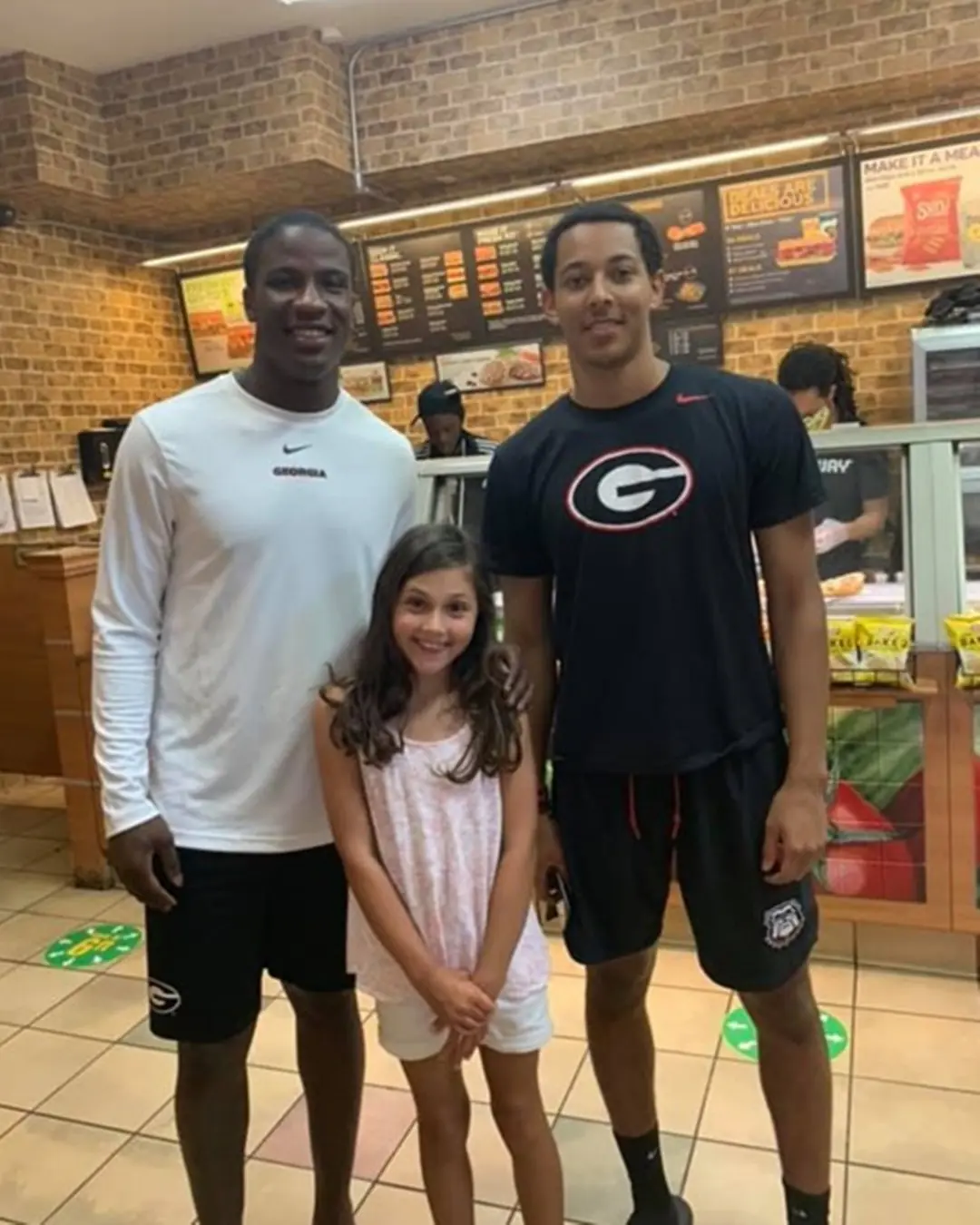
A Small Act of Kindness in Athens.
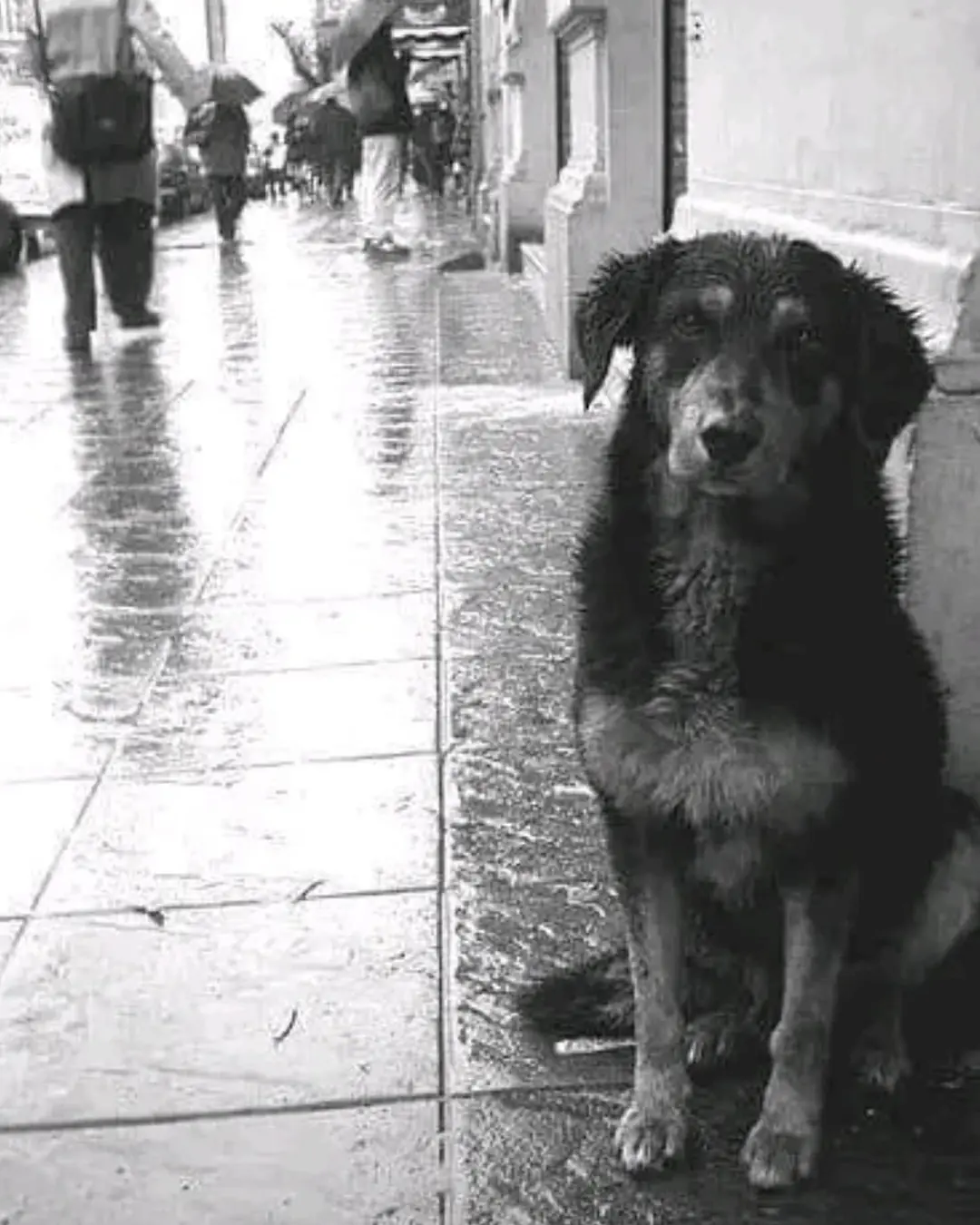
From the Cold Rain to a Warm Home.
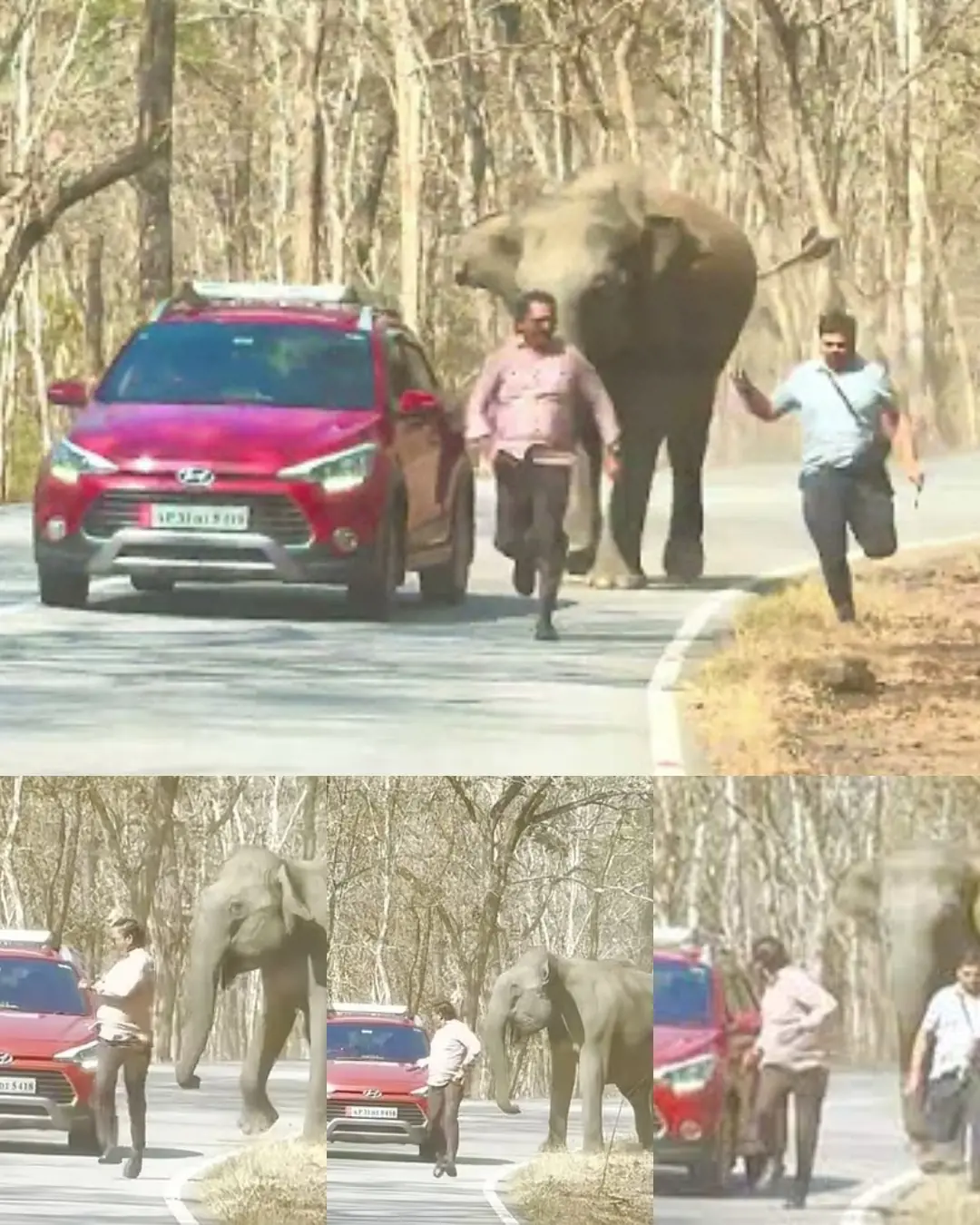
Wild Elephant Chases Tourists in Bandipur Forest: One Injured in Close Call
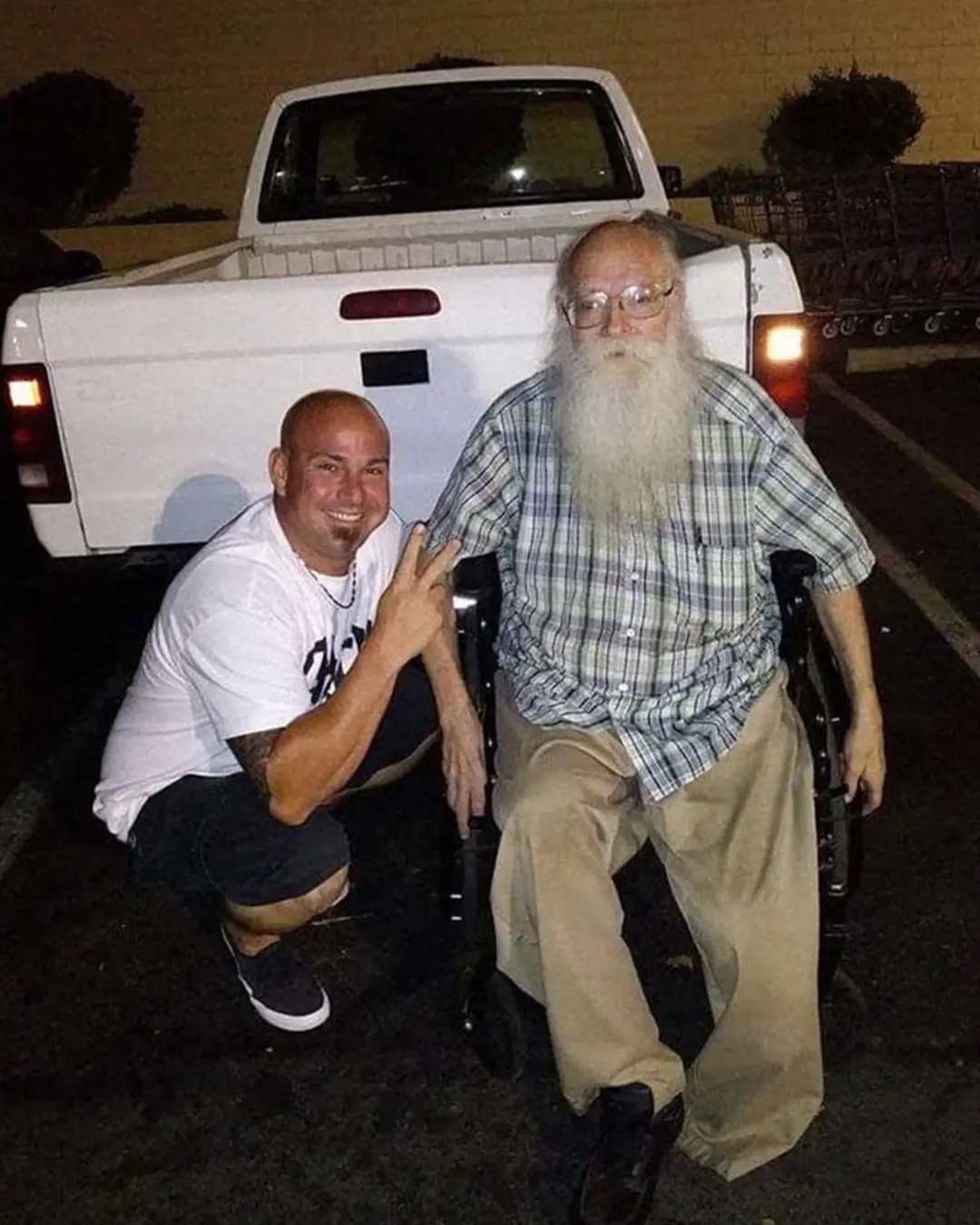
A Ride Home, A Lesson in Humanity.
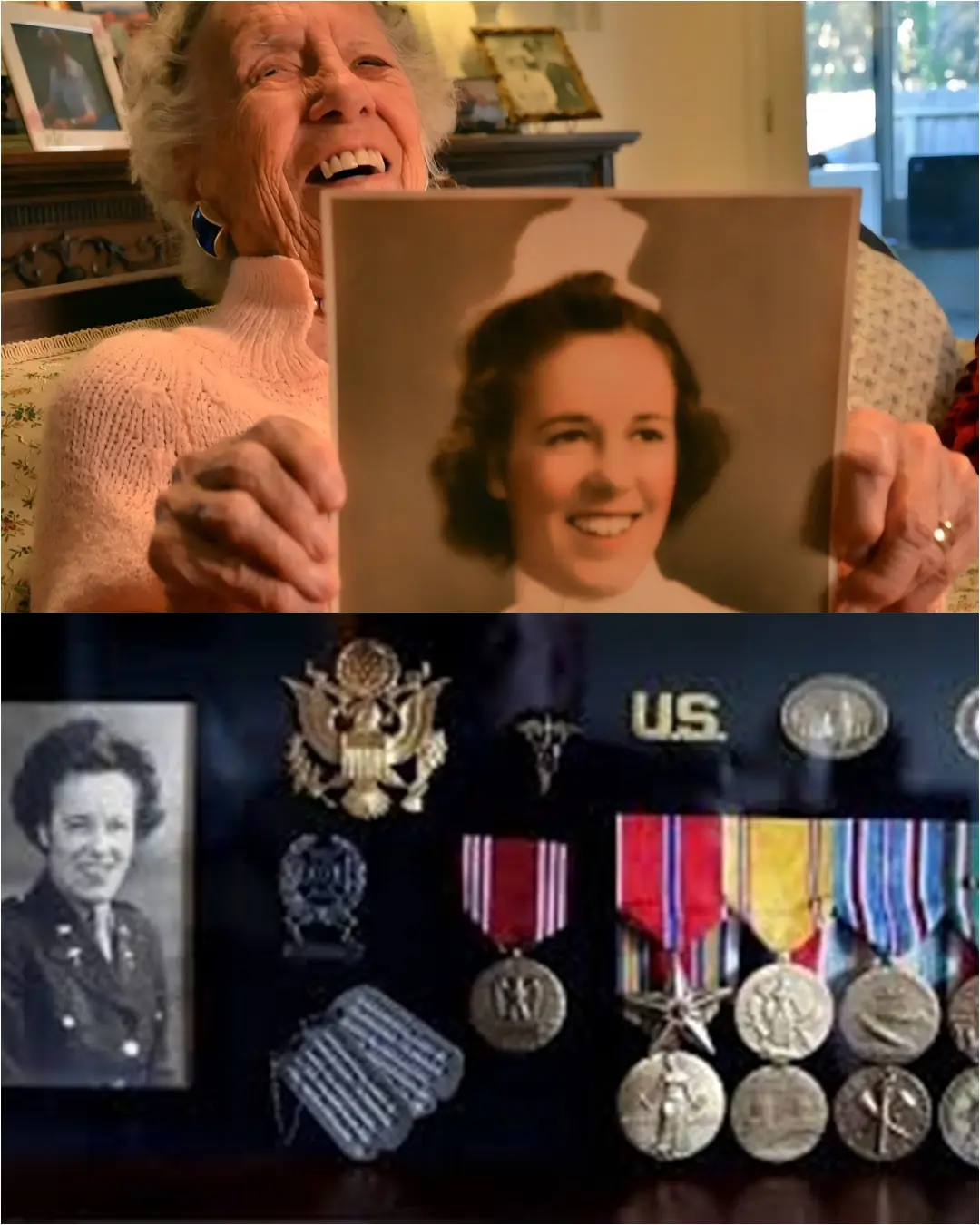
What a Hero: The Unyielding Spirit of Josephine Margaret Pescatore.
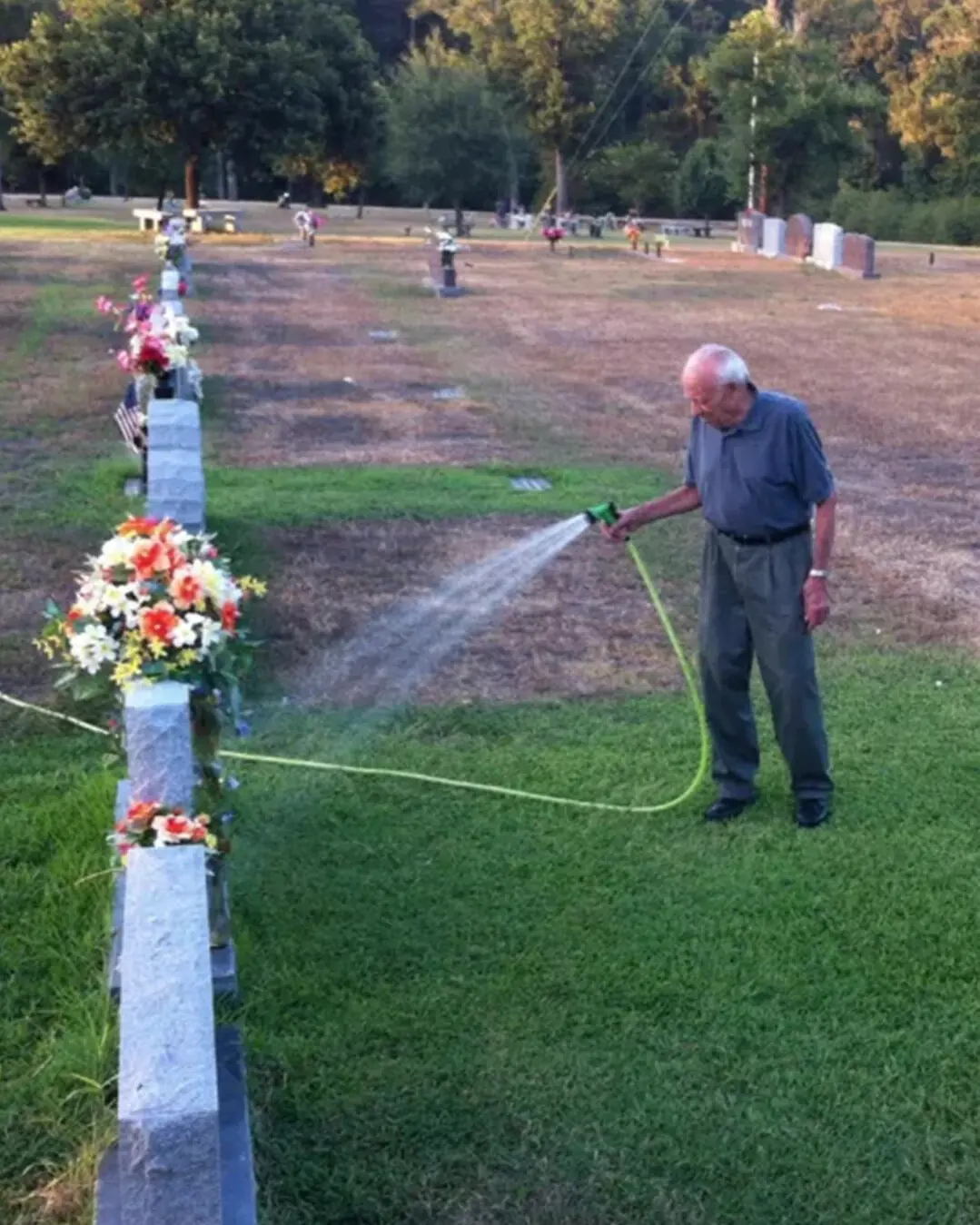
Jake’s Roses of Love and Respect.
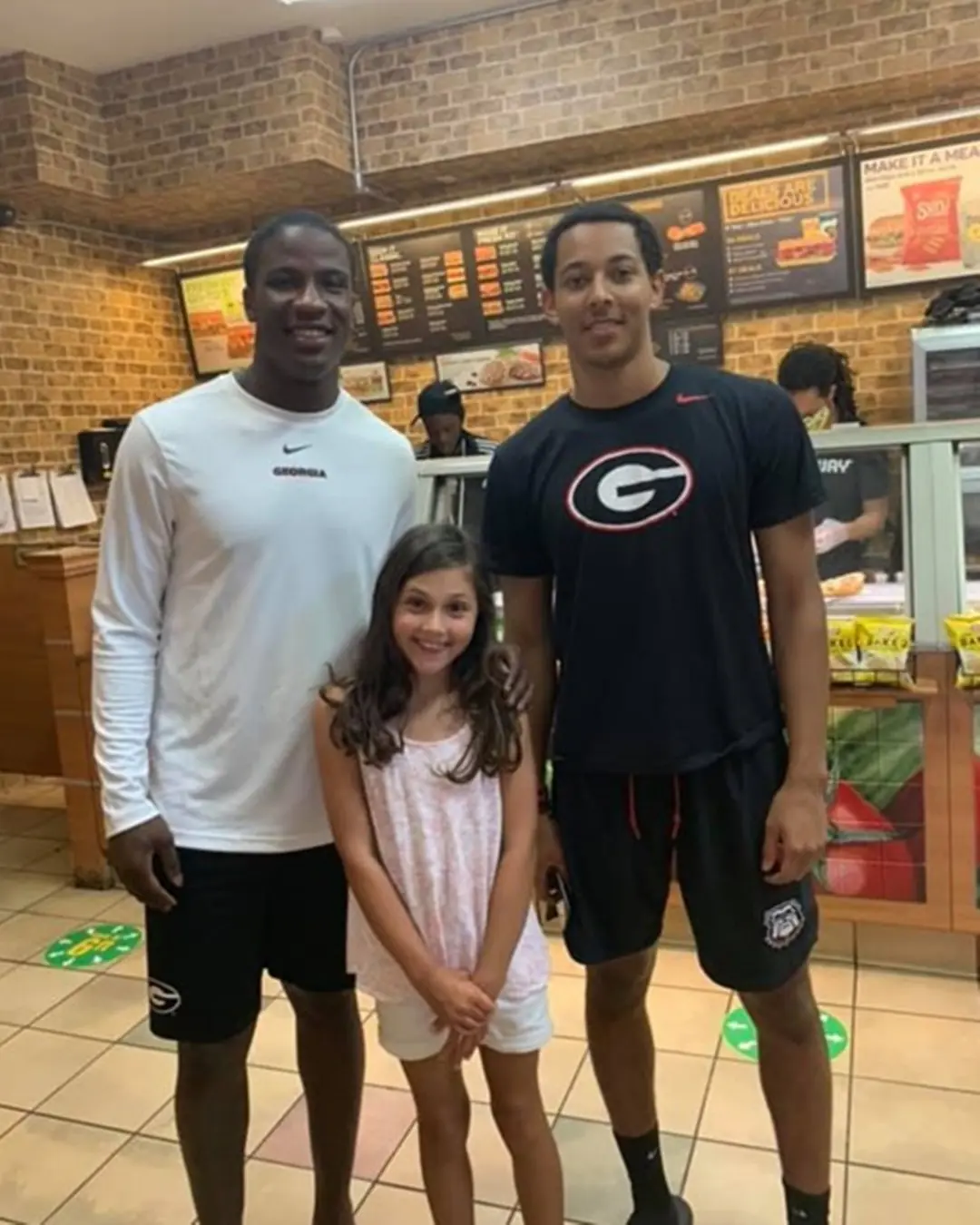
A Small Act of Kindness in Athens
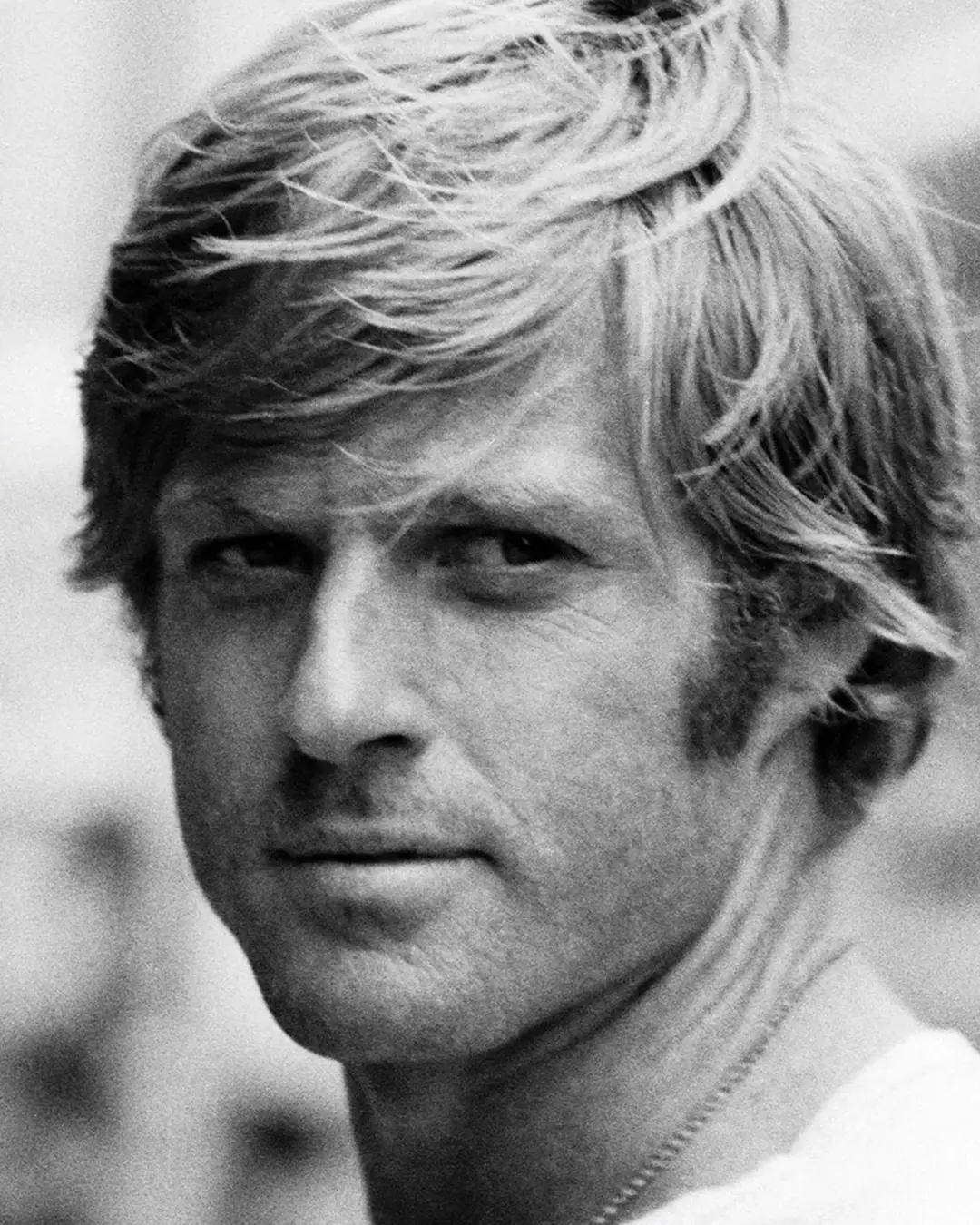
Robert Redford — The Passing of a Legend.
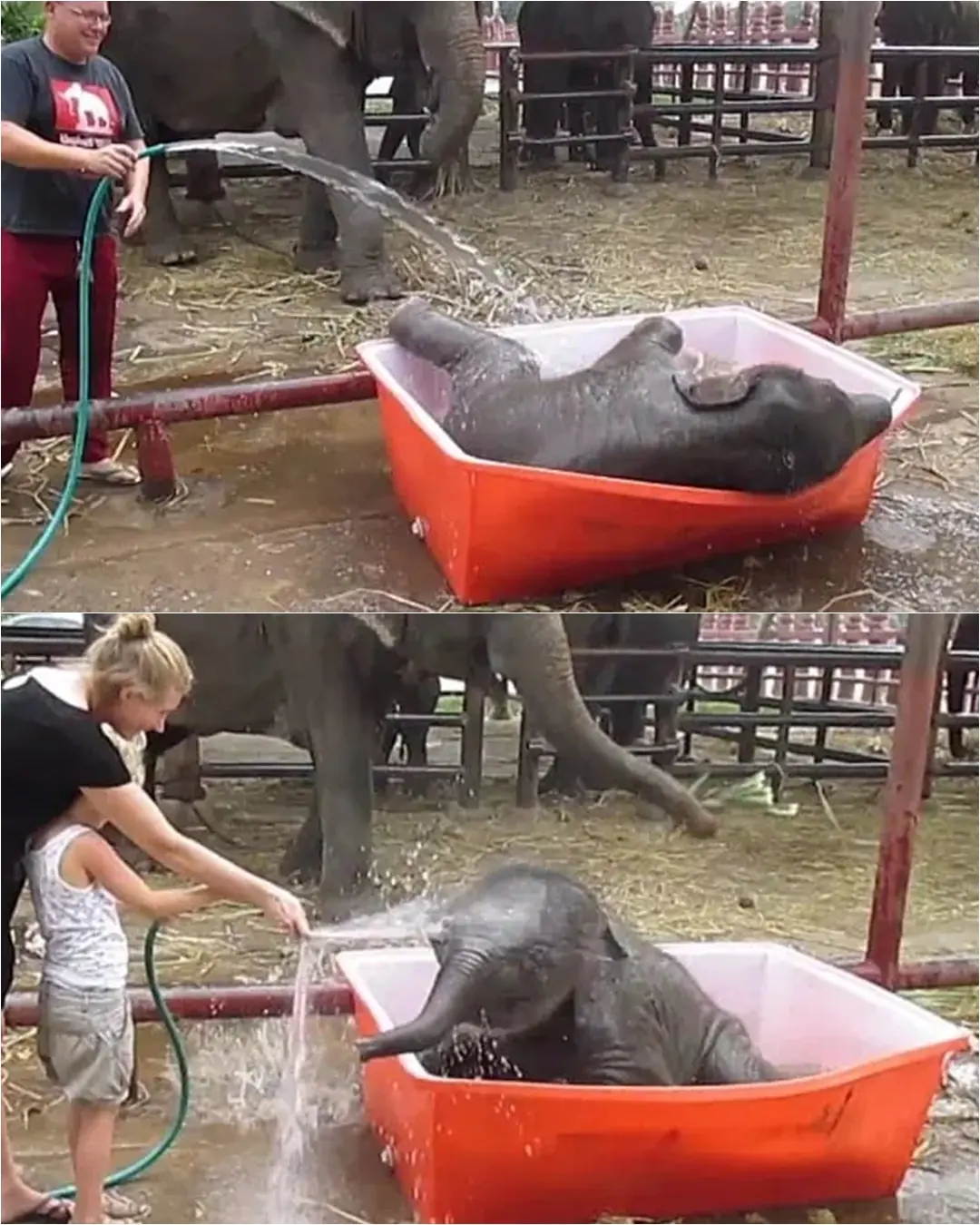
A Baby Elephant’s Bath Time Brings Joy to All.
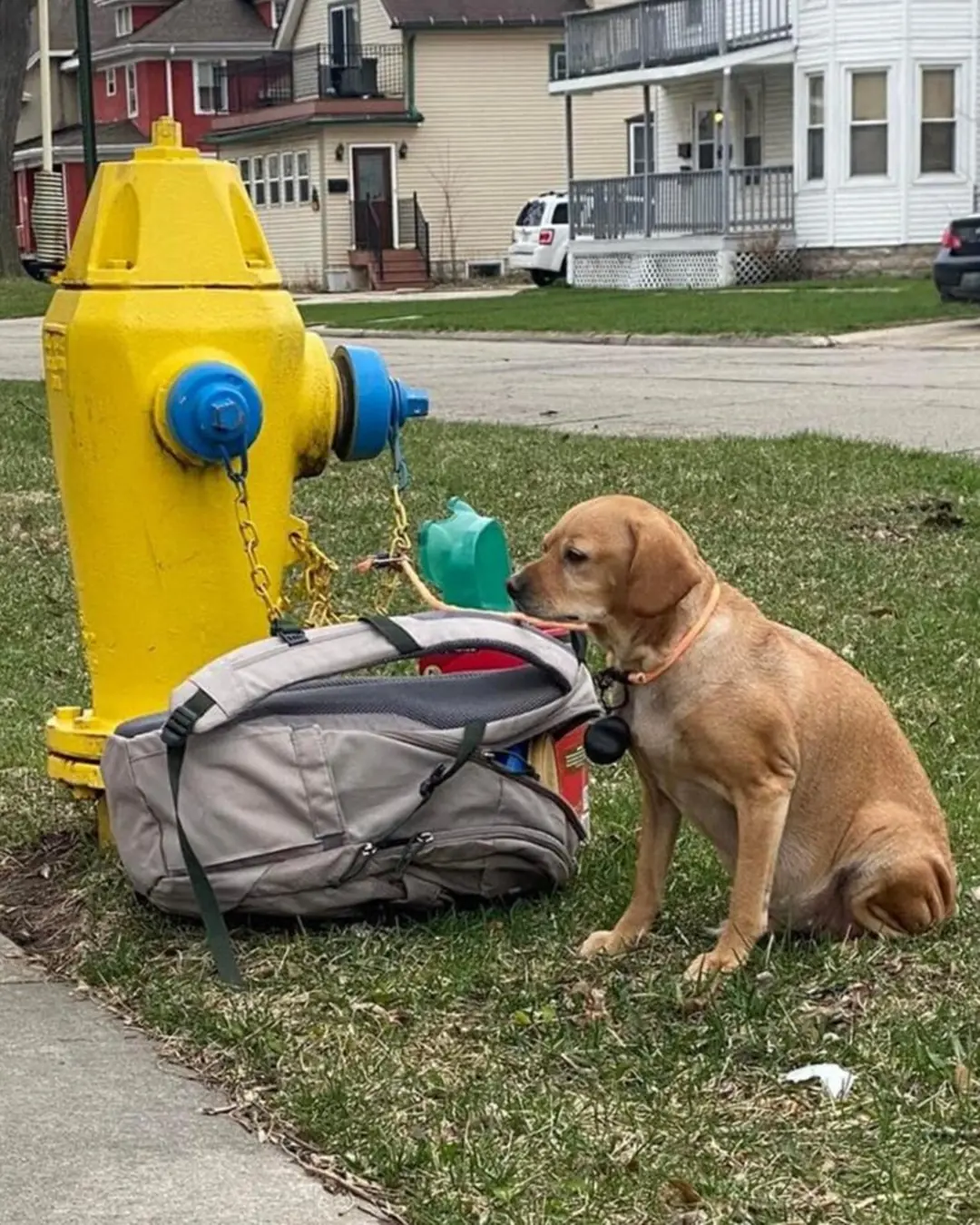
The Dog by the Fire Hydrant.
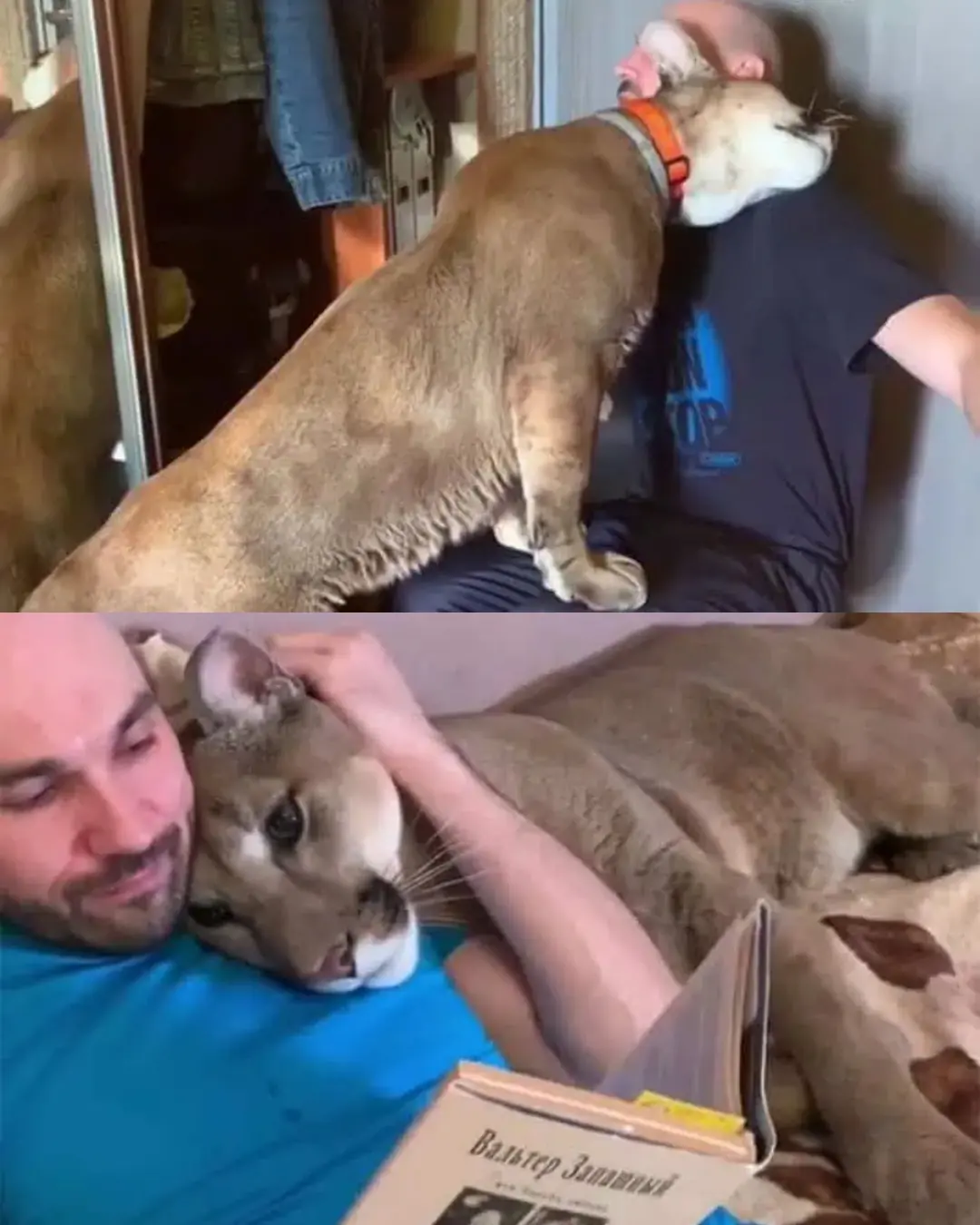
Messi the Puma: The Gentle Soul Who Found a Home in a Human Heart.
News Post

Truth behind K Pop star's bizarre $4.5 quadrillion 'lawsuit' making her richer than Elon Musk
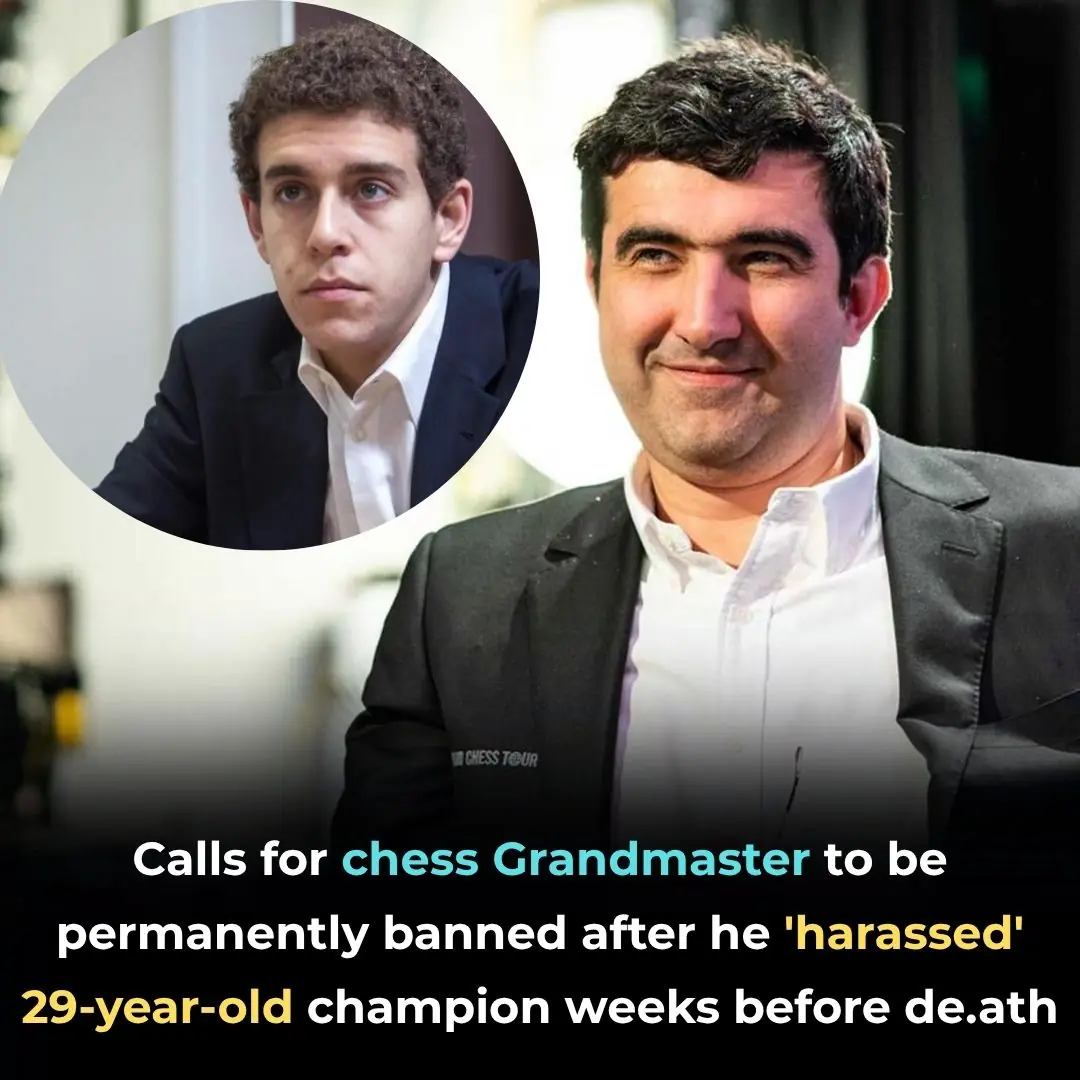
Calls for chess Grandmaster to be permanently banned after he 'harassed' 29-year-old champion weeks before death
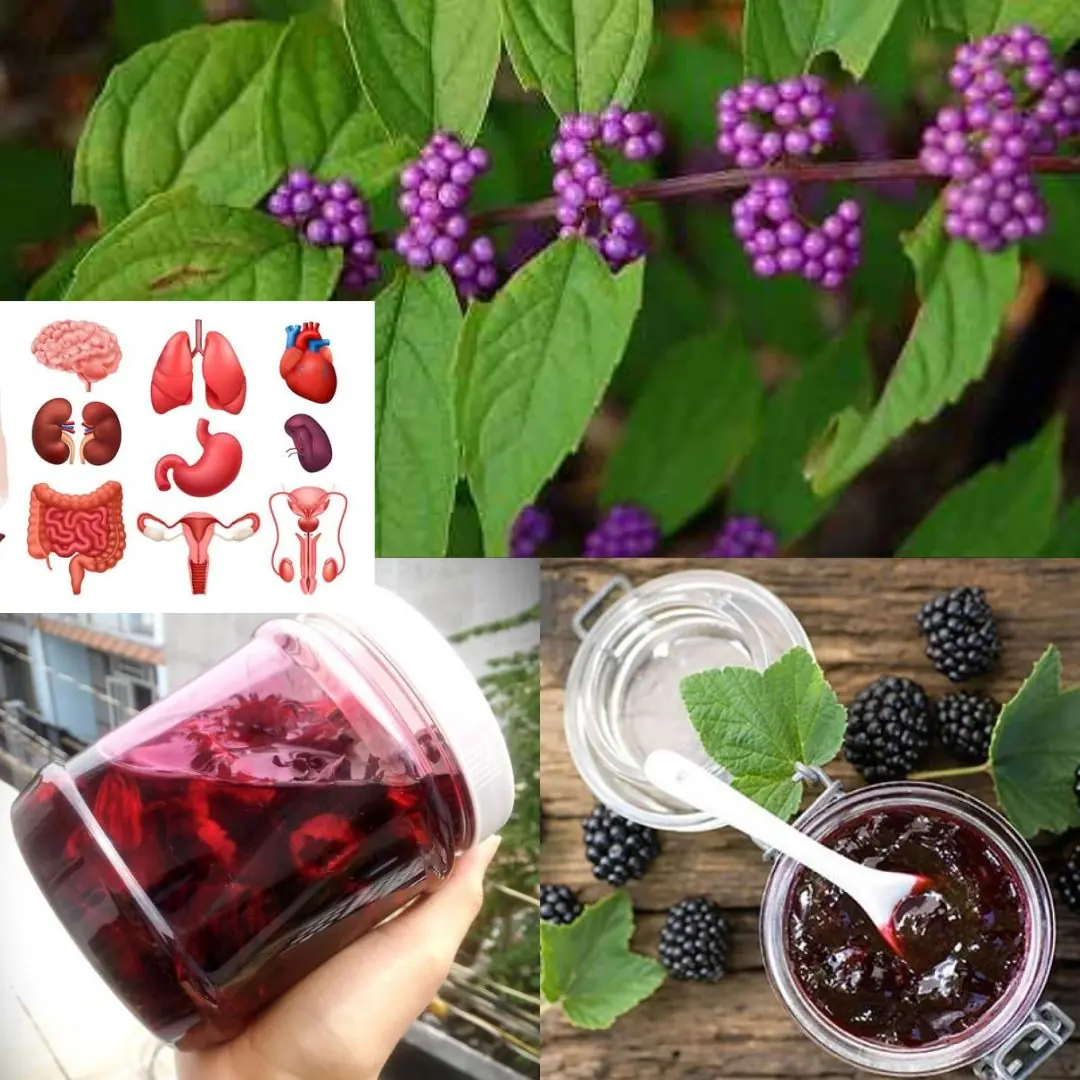
American Beautyberry (Callicarpa americana): Benefits and How to Use It

Holding Cloves in Your Mouth: A Natural Way to Relieve Toothache

Everybody Hates Stinging Nettle, But Most People Don’t Know the Power of Its Root

A Grocery Store Encounter That Turned Into Something More

A Waitress Said “No” — And Changed a Mother’s Night Completely

The Secret Santa Who Gives All Year Long — And the Ripple of Kindness He Started

Will’s Best Sunday Ever: A Brave Teen’s Return Home

A Single Gesture That United a Crowd in Emotion

Agatka’s Fight: A Little Girl’s Battle With Severe Aplastic Anemia

Laika’s Last Journey: The Little Dog Who Touched the Stars

The Long Road Home: Max’s Journey Back to Love.

A Small Act of Kindness in Athens.

From the Cold Rain to a Warm Home.

Wild Elephant Chases Tourists in Bandipur Forest: One Injured in Close Call

A Ride Home, A Lesson in Humanity.

What a Hero: The Unyielding Spirit of Josephine Margaret Pescatore.

Jake’s Roses of Love and Respect.
